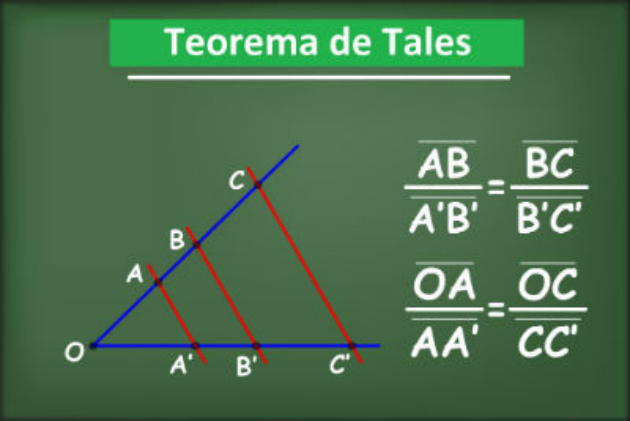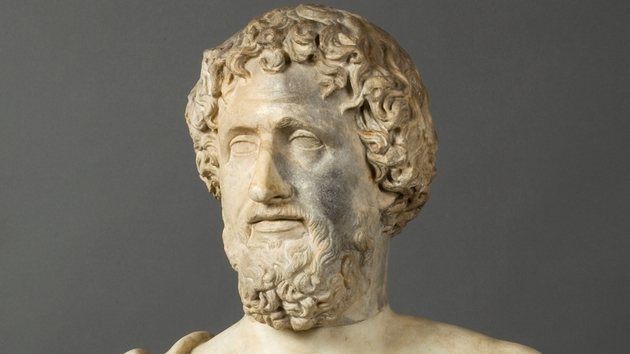Tales of Miletus was an important pre-Socratic Greek thinker, philosopher and mathematician. He is considered, by some, the “Father of Science” and “Western Philosophy”.
His main ideas expanded the theoretical horizons in the areas of mathematics, philosophy and astronomy. For him, water was the main element of nature and the essence of all things.
Biography of Tales of Miletus
Tales of Miletus, probably descended from Phoenicians, was born in the ancient Greek colony Miletus, Ionian region, present-day Turkey, around 623 or 624 BC
He was a man of many skills and scholarship, being a respected figure by his Greek people.
He sought rational answers to the phenomena of nature and the reasons for existence. For this reason, he is considered one of the first philosophers to break with the religious point of view.
Reason x Myth
In the city of Mileto, he was the founder of “Escola Iônica”, considered the oldest philosophical school, where his thinkers sought cosmological explanations, that is, through nature through observations.
Thus, they were adherents of the so-called “Unitarian Philosophy”, whose principle was based on the single principle which explains all things and, in the case of Tales of Miletus, the element of water .
He traveled to Egypt and Babylon, deepening his knowledge while spreading it, becoming a very admired man.
Along with other philosophers, Anaximandro and Anaxímenes , Tales de Mileto founded the “Escola de Mileto” (Milésima).
His followers became known as ‘Milesians’ and were adept at philosophy, based on anthropomorphic gods (human aspects are attributed to Gods) and natural phenomena.
Astronomy and Mathematics
His contributions in the field of astronomy came from many observations he made, from which he came to predict the solar eclipse that occurred in the year 585 BC
In mathematics, more precisely in the area of geometry, based on deductive statements, he presented theories about:
- the similarity of the triangles and the relations on their angles;
- the parallel lines;
- and the property of the circumferences.
Tales of Miletus died approximately in 556 or 558 BC in his hometown.

Miletus Tales Philosophy
Tales’ philosophy was based on three main theses:
- Everything we know is made of water and man is another entity in this environment;
- all things, including inanimate things, are full of life;
- on the other hand, changes and generation can only be achieved by condensation and rarefaction.
As for aesthetics, he said that the search for knowledge was the most beautiful object we could have.
He was busy explaining more about the phenomena of nature and mathematics. Therefore, he did not make major considerations about ethics and human beings.
Tales theorem
Tales is said to have been invited to discover the height of the Cheops pyramid in Egypt.
Therefore, the Tales Theorem emerged , where the parallel and transversal lines form proportional segments.
Miletus Tales Quotes
- The most difficult thing in the world is to know ourselves and the easiest thing to speak ill of others.
- Water is the principle of all things.
- The oldest being is God, because he was not generated.
- All things are full of gods.
- The most beautiful thing is the world, because it is divine work.
- Hope is the only good common to all men; those who have nothing else still have it.
Curiosities
- Tales of Miletus is one of the “Seven Sages of Ancient Greece”, along with Bias de Priene, Chilo de Sparta, Cleobulo de Lindus, Periandro de Corinth, Pítaco de Mytilene and Solon de Atenas.
- Greek philosopher Aristotle (384 BC-322 BC) points to Tales of Miletus as the first philosopher of mankind.

